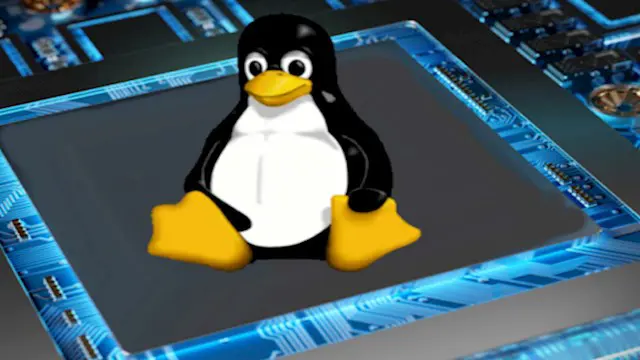
Linux and Embedded Linux
Self-paced videos, Lifetime access, Study material, Certification prep, Technical support, Course Completion Certificate
Uplatz
Summary
- Reed courses certificate of completion - Free
- Uplatz Certificate of Completion - Free
Add to basket or enquire
Overview
Uplatz provides this comprehensive course on Linux and Embedded Linux. It is a self-paced course consisting of pre-recorded video lectures. You will be awarded Course Completion Certificate at the end of the course.
Embedded Linux is a type of Linux kernel that is specially designed for embedded devices. For example, the popular smartphone operating system, Android, is a type of embedded Linux customised for smartphones.
In simple terms, a kernel is the core of an operating system that manages the operations of the computer and its hardware, especially the memory and CPU. In other words, the kernel is the interface between software and hardware.
Curriculum
Course media
Description
Why Embedded Linux?
If you are trying to create your own project, developing a kernel from scratch for your hardware is an incredibly challenging process, since it requires deep knowledge of both hardware and code.
You may also have heard of bare-metal tasking kernels (without an operating system) for microcontrollers, such as FreeRTOS, Azure RTOS, RT-Thread, μC/OS, but these choices lack memory management and protection which are critical to building modern applications. Because of this, you may be looking for a more comprehensive solution.
Fortunately, there are many advantages of using embedded Linux on a microprocessor in your embedded applications, such as built-in dynamic memory management and security modules that you might want to consider.
Linux has Extensive Compatibility
Over the years, Linux has grown to support a large variety of CPU architectures, including x86, ARM and PowerPC etc. So, no matter what kind of hardware you are working with, there is a good chance that a Linux kernel already exists for it.
Linux supports nearly all the programming languages and utilities that you need for your embedded system development endeavours. With Linux, you are not restricted to any specific software. If you are dissatisfied with anything, there is a good chance that an alternative is available – or you can be the first in the community to develop it!
Linux is Open Source
Linux, as an open source kernel, allows you to leverage on the work of thousands of developers across the world. By tweaking or directly implementing existing packages, you can get your own applications up and running far more easily and quickly.
The Linux Community is There for You
Got a specific question? No problem! Because Linux is used by so many developers, you not only have their code to count on, but also their experience and knowledge. Simply ask away at one of the many forums available, like linux org.
Who is this course for?
Everyone
Requirements
Passion & determination to succeed!
Career path
- Linux Administrator
- System Administrator
- Embedded Linux Admin
Questions and answers
Currently there are no Q&As for this course. Be the first to ask a question.
Certificates
Reed courses certificate of completion
Digital certificate - Included
Will be downloadable when all lectures have been completed
Uplatz Certificate of Completion
Digital certificate - Included
Course Completion Certificate by Uplatz
Reviews
Currently there are no reviews for this course. Be the first to leave a review.
Legal information
This course is advertised on reed.co.uk by the Course Provider, whose terms and conditions apply. Purchases are made directly from the Course Provider, and as such, content and materials are supplied by the Course Provider directly. Reed is acting as agent and not reseller in relation to this course. Reed's only responsibility is to facilitate your payment for the course. It is your responsibility to review and agree to the Course Provider's terms and conditions and satisfy yourself as to the suitability of the course you intend to purchase. Reed will not have any responsibility for the content of the course and/or associated materials.


